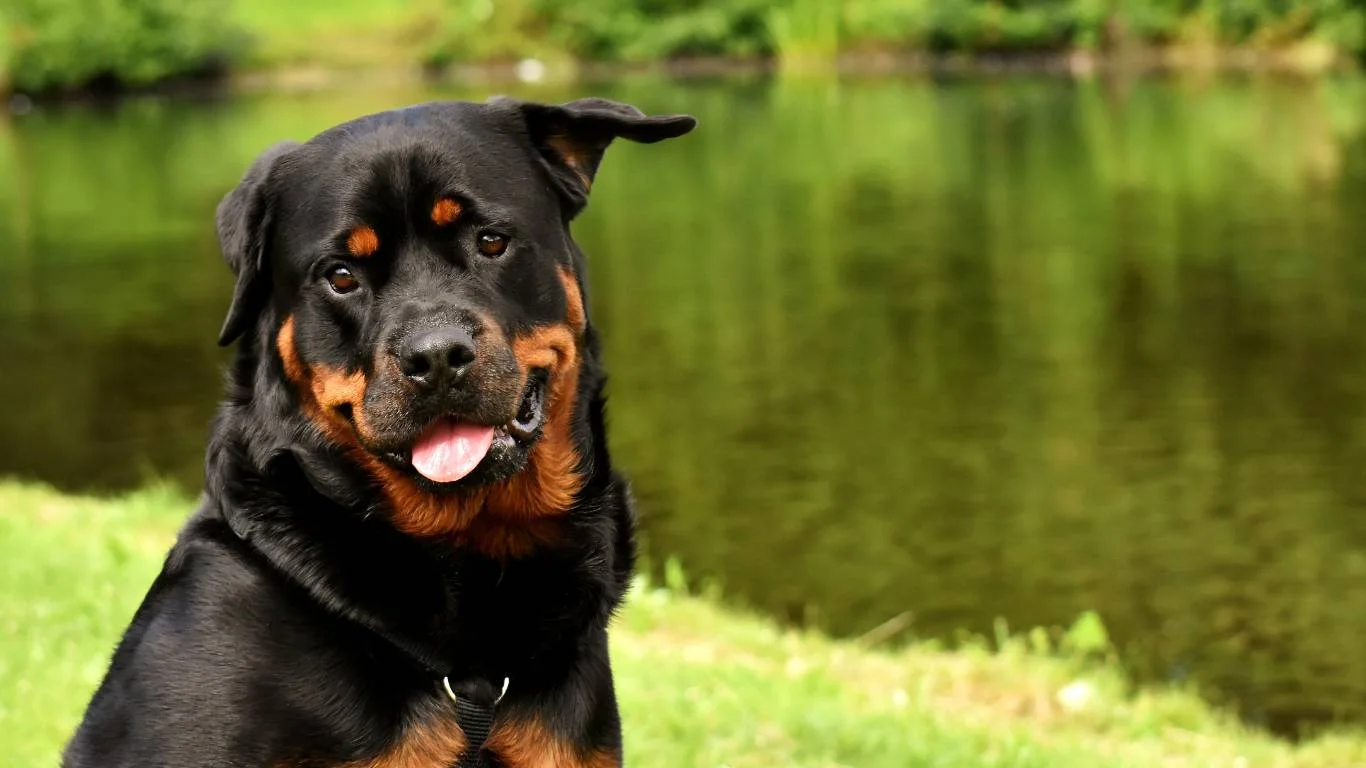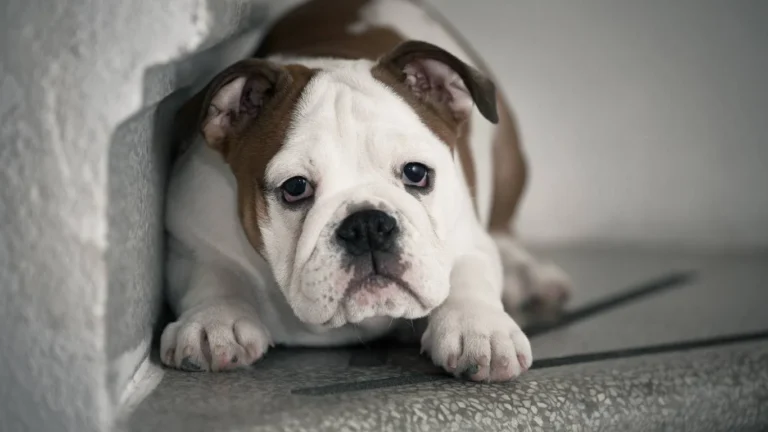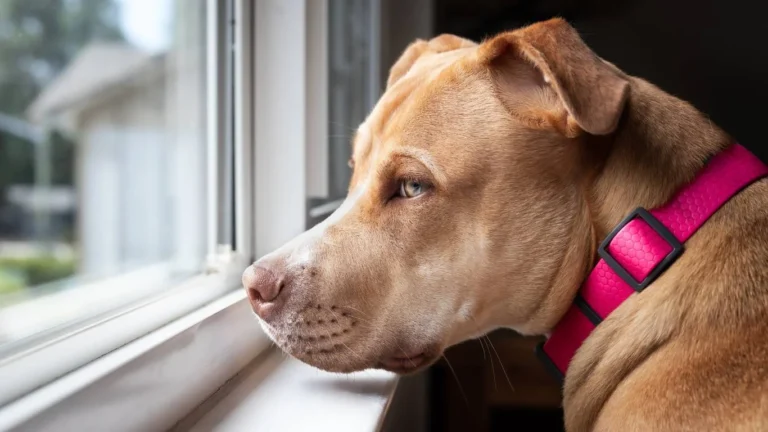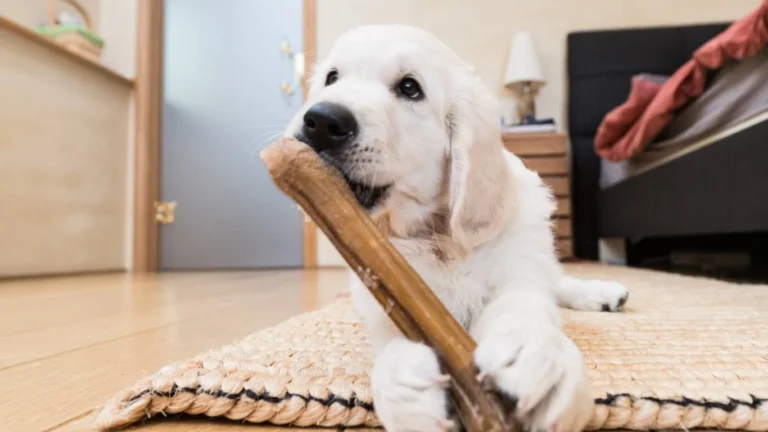How to Prevent Dehydration in Senior Dogs: Essential Tips to Keep Them Healthy and Hydrated
As a veterinary assistant with a focus on nutrition, I’ve seen firsthand how crucial it is to keep our senior dogs hydrated. As dogs age, they face various health challenges, and dehydration is one that often gets overlooked. In fact, it can be a silent but dangerous problem. Understanding how to prevent dehydration in senior dogs can significantly improve their quality of life and longevity. Dehydration isn’t always as obvious as we might think, especially in older dogs who may not show outward signs immediately. But don’t worry—I’m here to help you learn how to spot the warning signs and prevent this issue from becoming a serious problem for your furry friend.
Why Is Hydration Important for Senior Dogs?
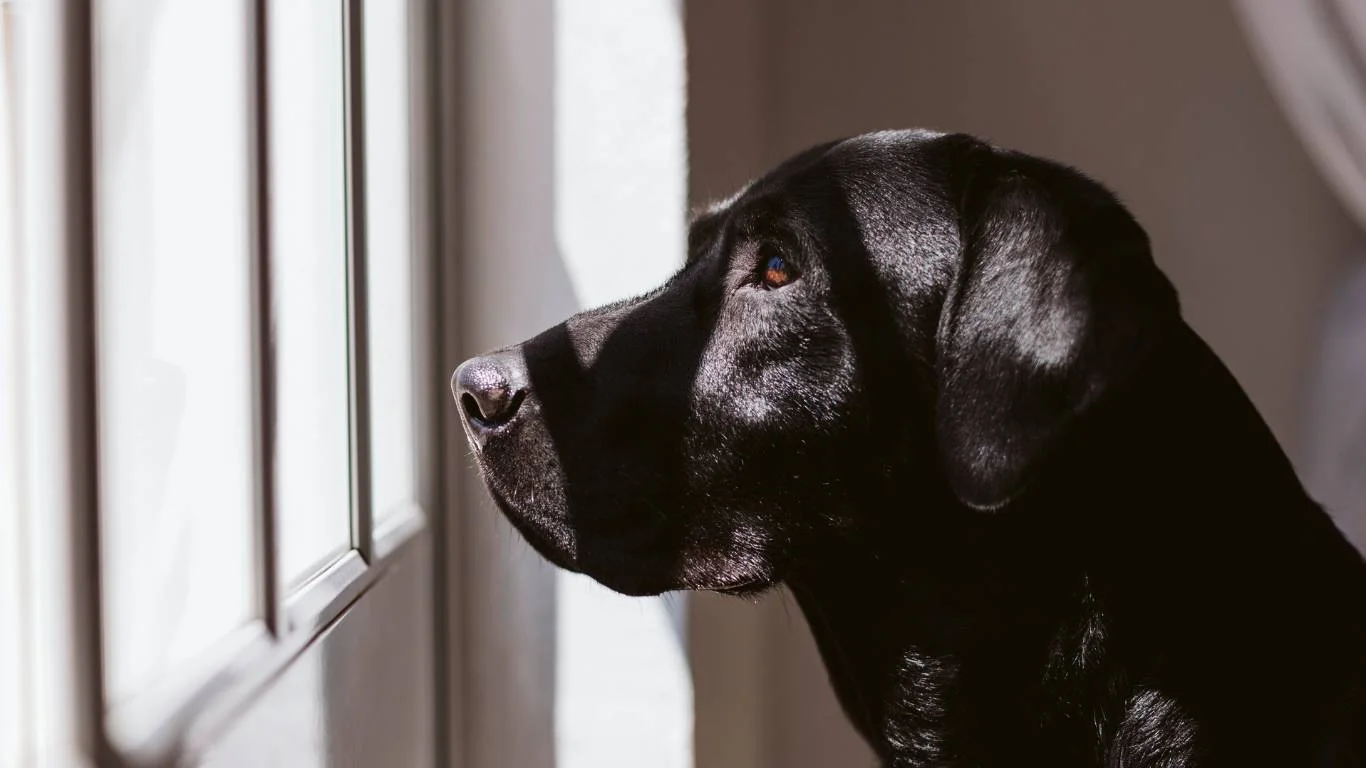
Hydration is essential for every dog, but it becomes even more critical as they age. Senior dogs are more vulnerable to dehydration because their body composition changes over time. They naturally lose muscle mass, and their organs can become less efficient at regulating fluids. That means the same amount of water that once kept them perfectly hydrated might not be enough as they get older.
Also, older dogs are often less active, which may make them less inclined to drink. Pair that with any health conditions like kidney disease or diabetes, and dehydration becomes an even more significant risk. It’s important to understand that hydration is a key part of managing overall health, especially as your dog enters their golden years.
The Role of Water in Your Senior Dog’s Body
Water makes up about 60% of your dog’s body weight, so it’s no surprise that staying hydrated is essential for every system in their body. From supporting digestion to helping regulate body temperature, water plays a vital role in keeping everything running smoothly.
- Helps maintain normal kidney function: The kidneys are responsible for filtering waste from the body, and they rely on an adequate amount of water to function properly.
- Assists in digestion: Water is crucial for breaking down food and absorbing nutrients, so it’s vital for your senior dog to stay hydrated if they have any digestive issues.
- Supports circulation: Proper hydration ensures that your dog’s blood can circulate efficiently and carry oxygen to vital organs.
- Regulates body temperature: Dehydration can impair your dog’s ability to cool themselves, which is especially important in hot weather.
Signs of Dehydration in Senior Dogs
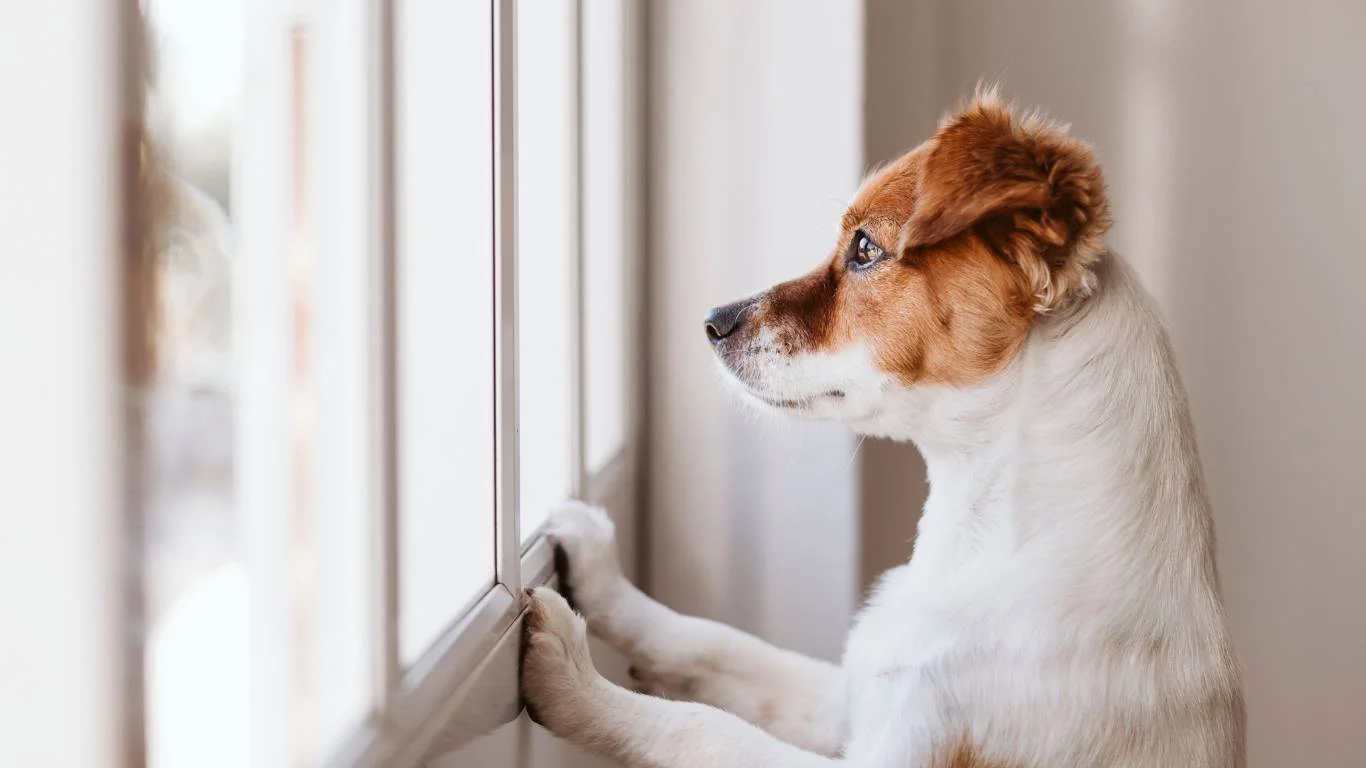
Before we dive into how to prevent dehydration, let’s talk about how to spot it. Recognizing the early signs of dehydration in senior dogs is key to addressing the issue before it becomes more severe.
Some signs of dehydration include:
- Dry gums and nose: Check your dog’s gums. If they feel dry or sticky, it’s a good indicator that they’re dehydrated.
- Loss of skin elasticity: Gently pinch the skin at the back of their neck. If it doesn’t return to its normal position quickly, they could be dehydrated.
- Sunken eyes: Dehydration can cause your dog’s eyes to appear dull or sunken in their sockets.
- Excessive panting: While panting is normal, excessive panting or breathing may indicate that your dog is struggling to regulate their body temperature due to dehydration.
- Change in energy levels: Dehydrated dogs often become lethargic and less interested in play or walks.
- Dark, concentrated urine: If your senior dog’s urine looks darker than usual, it’s a sign that their body is conserving water, which is a warning sign of dehydration.
If you notice any of these symptoms, it’s important to take action immediately. Sometimes, dehydration can escalate quickly, leading to more serious health issues such as kidney failure or heat stroke. The sooner you notice the signs, the easier it will be to reverse the situation.
How to Prevent Dehydration in Senior Dogs
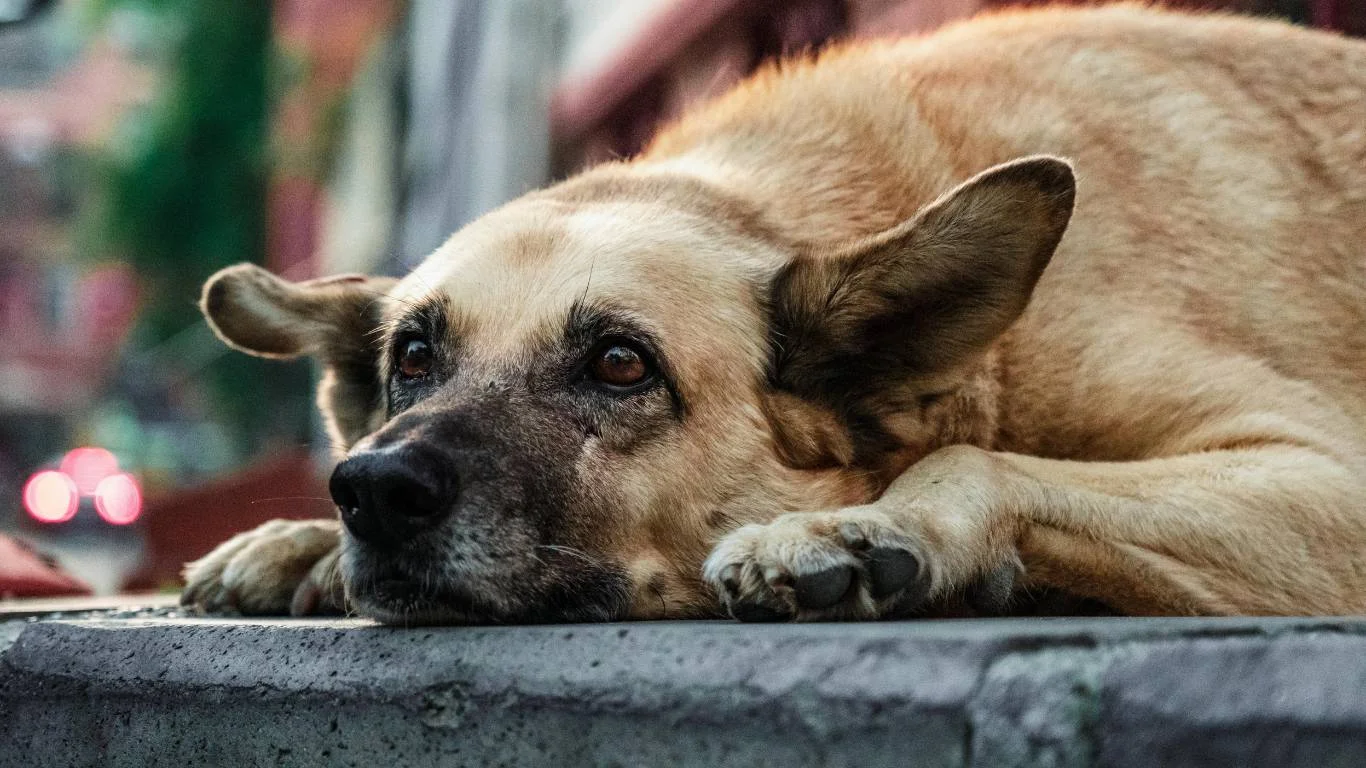
Now that you understand why hydration is so important and how to spot dehydration, let’s talk about practical ways you can prevent dehydration in your senior dog.
1. Provide Fresh Water at All Times
The first and most obvious step is to always have fresh, clean water available for your dog. Senior dogs can be more selective about where they drink, so you might need to try a few different things to encourage them.
- Multiple water bowls: Place water bowls in various areas of the house, especially near your dog’s resting spots. Some dogs are more likely to drink if the water is conveniently located.
- Water fountains: Many dogs prefer running water over stagnant water. Investing in a pet water fountain can encourage your senior dog to drink more regularly.
- Cooler water: Some senior dogs are more likely to drink if the water is cool, so you can even try adding ice cubes to their bowl.
2. Monitor Your Dog’s Fluid Intake
It’s easy to assume that if there’s always water available, your dog is drinking enough. But senior dogs can be tricky when it comes to hydration. Some may avoid drinking water for no apparent reason. Keeping track of their fluid intake is essential.
You might want to monitor how much water they’re drinking each day. If you notice a significant decrease, that could be a sign of a health problem. Regularly check their water bowl to see how often it needs to be refilled. If you’re ever in doubt, it’s best to consult with your vet.
3. Add Water to Their Food
If your dog is hesitant to drink water on their own, consider adding water to their food. Wet food is a great option to increase hydration because it contains a higher moisture content than dry kibble. You can also add a little water or broth to their dry food to boost their fluid intake. Just be sure the broth doesn’t contain any harmful ingredients, like onions or garlic!
These small changes can go a long way in helping your senior dog stay hydrated and comfortable in their later years. Taking proactive steps today will help ensure they remain healthy and happy for years to come.
Hydration and Diet: The Key Connection
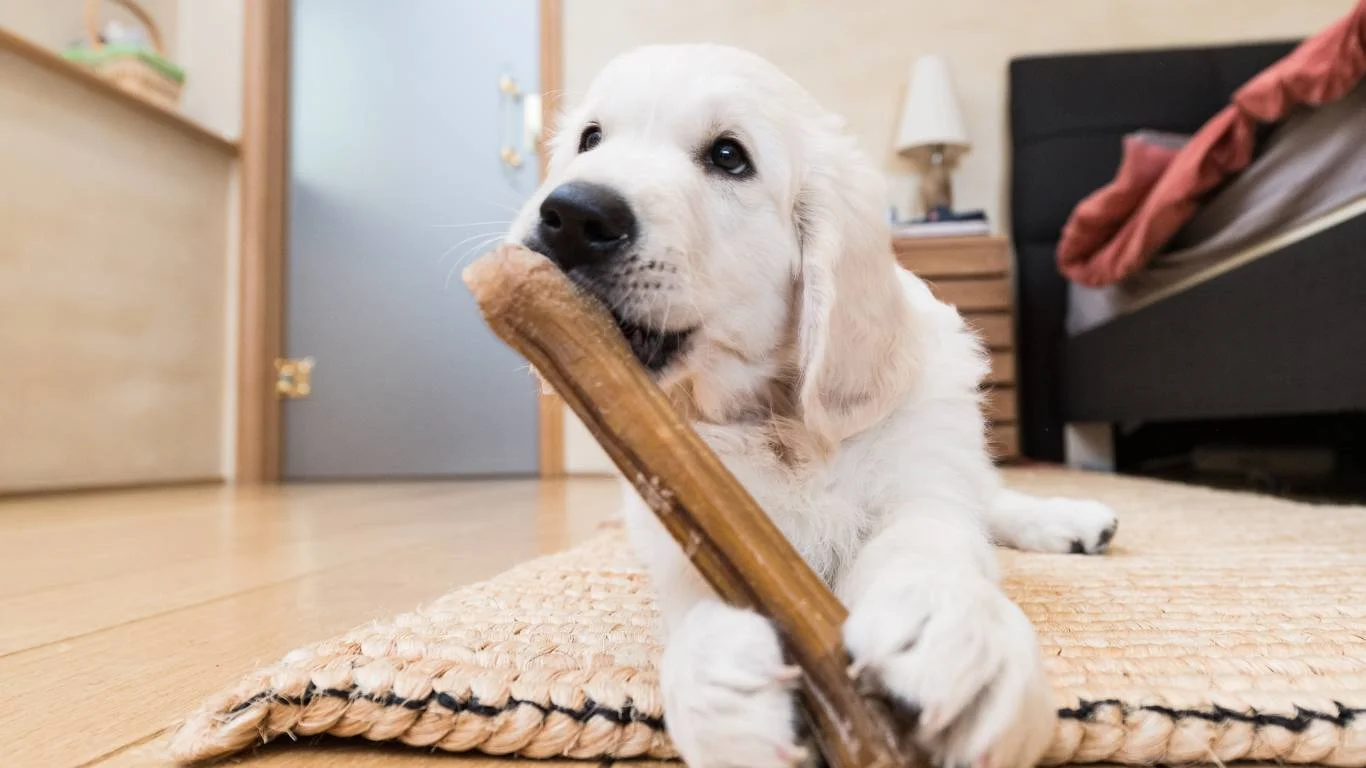
As we continue to explore how to prevent dehydration in senior dogs, one of the most important things to address is the connection between hydration and diet. What your dog eats can directly impact how well they stay hydrated, especially as they age. Senior dogs may have different dietary needs compared to younger dogs, and their nutritional intake can play a big role in supporting hydration levels.
Let’s start with the basics: wet food vs dry food. I’ve noticed in my experience that senior dogs often struggle to maintain adequate hydration on dry kibble alone. The dry food tends to have lower moisture content, which means your dog might need to drink more water to make up for the shortfall. However, many senior dogs simply don’t drink enough to compensate. This is where adding wet food into their diet can really make a difference. Wet food contains more moisture, and by switching or supplementing their meals with it, you’re giving them an easy way to boost hydration levels.
Choosing the Right Wet Food
When selecting wet food for your senior dog, it’s important to choose a high-quality option that meets their nutritional needs. Not all wet foods are created equal, and some can be loaded with preservatives, artificial flavors, and fillers that don’t contribute much to your dog’s health. Ideally, look for food that’s high in protein, low in carbohydrates, and contains healthy fats—this can help support their energy levels and keep them at a healthy weight while also promoting proper hydration.
- Look for high-quality protein sources: Chicken, turkey, or fish should be at the top of the ingredient list. These are easily digestible and great for senior dogs who may have sensitive stomachs.
- Avoid fillers: Ingredients like corn, wheat, or soy may not provide much nutritional benefit. Try to find wet food with fewer fillers and more whole ingredients.
- Consider added vitamins and minerals: Look for options that are fortified with essential nutrients like omega-3 fatty acids, antioxidants, and joint-supporting ingredients (like glucosamine and chondroitin) to support your dog’s overall health as they age.
If you’re not sure what type of wet food to choose, talk to your vet. They can help guide you based on your dog’s specific health needs and weight goals.
Adding Moisture to Your Dog’s Meals

Now, if you’re committed to feeding your dog dry kibble but want to make sure they’re still staying hydrated, there’s an easy fix: add water! You’d be surprised how much of a difference just adding a little warm water or low-sodium broth to their dry food can make. Not only does it increase their moisture intake, but it also helps soften the kibble, which can be especially beneficial for older dogs who may have dental issues or trouble chewing.
Here’s a tip I’ve used with several senior dogs: add a splash of water or broth to their food, let it sit for a few minutes, and then mix it in. This simple trick makes the food more palatable and can encourage them to eat more while staying hydrated. And if your dog is picky, the added liquid often makes the food more flavorful!
Hydrating Snacks: A Fun Way to Boost Hydration
Who doesn’t love a snack, right? Hydrating treats can be a great way to encourage your senior dog to drink more while giving them something tasty to munch on. There are many options you can try, from specially formulated dog treats to simply offering frozen cubes of water or broth. The great thing about these is that they’re easy to prepare and are often a hit with senior dogs who may be a little less interested in eating.
- Frozen Broth Cubes: Pour low-sodium broth (preferably chicken or beef) into ice cube trays, freeze, and offer these little cubes as treats. It’s a refreshing way for your dog to hydrate, especially during hot weather.
- Watermelon or Cantaloupe: Many dogs love these fruits, and they’re packed with water. Just make sure to remove seeds and rinds before offering them to your dog. You can freeze small cubes of these fruits to make them more exciting.
- Hydrating Dog Biscuits: Some brands make biscuits with added moisture and electrolytes. These treats can be both a hydrating snack and a way to keep your dog’s teeth clean!
These snacks can be a fun and healthy way to keep your senior dog hydrated without them even realizing it. They’re also an excellent option if your dog isn’t the biggest fan of drinking straight water.
Keep an Eye on Their Health Conditions
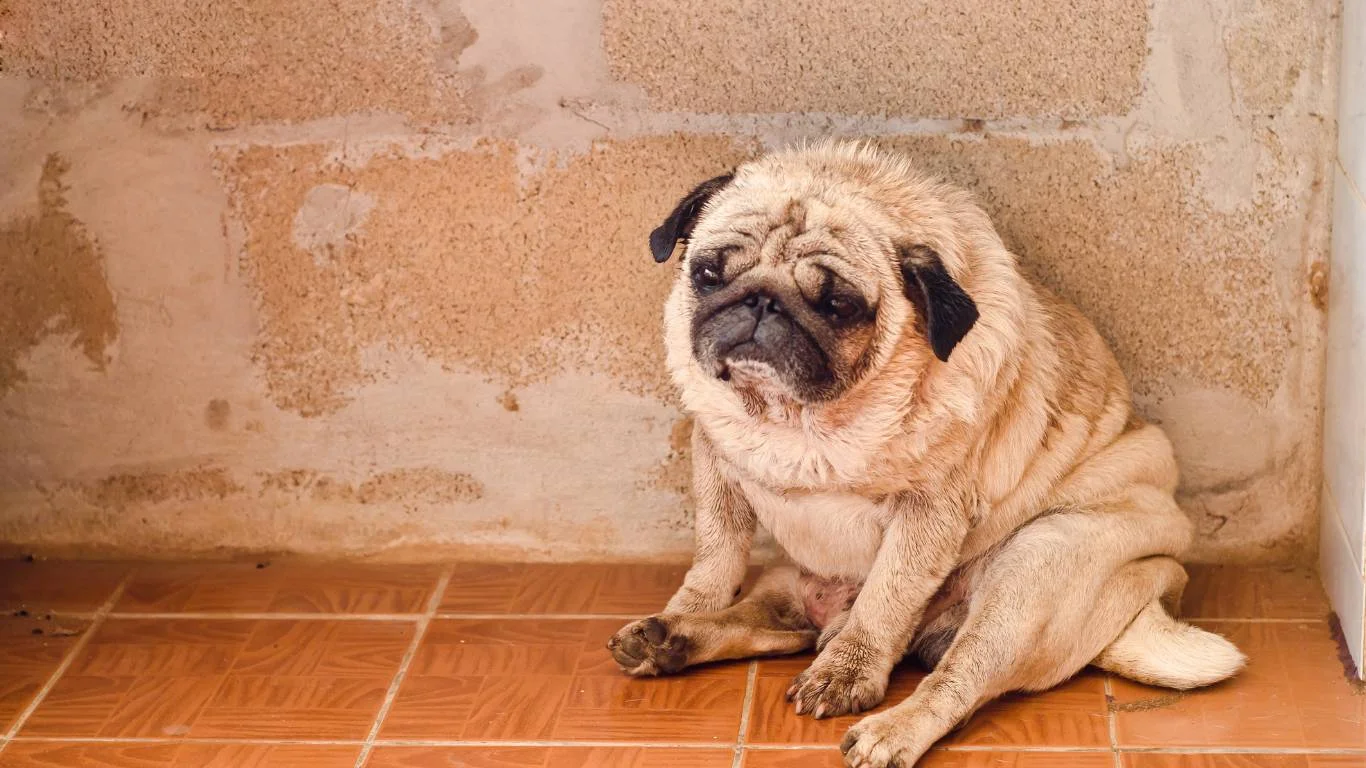
Sometimes, despite your best efforts, your senior dog might still struggle to maintain proper hydration. If this is the case, it’s important to consider any underlying health conditions that could be contributing to the issue. Health problems like kidney disease, diabetes, or even certain medications can impact your dog’s ability to stay hydrated.
For example, dogs with kidney disease are at higher risk of dehydration because their kidneys can’t properly filter water and waste. Diabetes can also cause increased urination, which can lead to dehydration. If you suspect that your dog may have any of these conditions, it’s essential to consult with your veterinarian for a thorough examination and a tailored treatment plan.
If your senior dog has a health condition that could be affecting their hydration levels, your vet may recommend certain strategies or medications to help manage the situation. They may even suggest IV fluids or subcutaneous hydration treatments if your dog is severely dehydrated. It’s crucial to work closely with your vet to ensure your dog is getting the care they need to stay healthy and hydrated.
With the right approach, you can help your senior dog maintain a good hydration balance and manage any health issues that might be complicating the process. Prevention is always better than cure, so staying ahead of dehydration is a great way to keep your dog comfortable and happy as they age.
How to Monitor Your Senior Dog’s Hydration Regularly

By now, you’ve learned a lot about the importance of hydration for senior dogs and the different ways to keep them hydrated. But the reality is, maintaining proper hydration isn’t a “one and done” situation. It’s something that needs ongoing attention. As a veterinary assistant, one of the most frequent concerns I’ve seen is pet owners failing to notice subtle changes in their dog’s hydration levels. This can be tricky, especially when the signs aren’t immediately obvious. So, how do you keep track of your senior dog’s hydration on a daily basis?
Daily Checkups: Simple Signs to Watch For
Monitoring your dog’s hydration doesn’t have to be complicated. In fact, there are a few easy things you can do each day to make sure your senior dog is getting enough water.
- Regularly check their water bowl: Make it a habit to check how much water is left in your dog’s bowl throughout the day. If they aren’t drinking as much as they should be, it might indicate an issue. Consider refilling the bowl at the same time each day so you can track their intake more easily.
- Monitor their urination: Pay attention to how often your dog urinates. If they’re not peeing as often, or if their urine is darker than usual, that could be a sign of dehydration. Conversely, if your dog is drinking more but urinating excessively, it might be time to check with your vet to rule out any health conditions.
- Assess their behavior: Does your dog seem more lethargic than usual? Are they less interested in playtime or their daily walks? While other factors can contribute to a lack of energy, dehydration can certainly be one of them.
Another great way to check hydration is by doing the “skin tent test” I mentioned earlier. Simply pinch a small bit of skin on the back of their neck and let it go. If the skin doesn’t return to its normal position right away, that’s a red flag. If you notice this happening often, or if the skin takes a while to bounce back, it’s a good idea to consult your vet for guidance.
When to Call Your Veterinarian
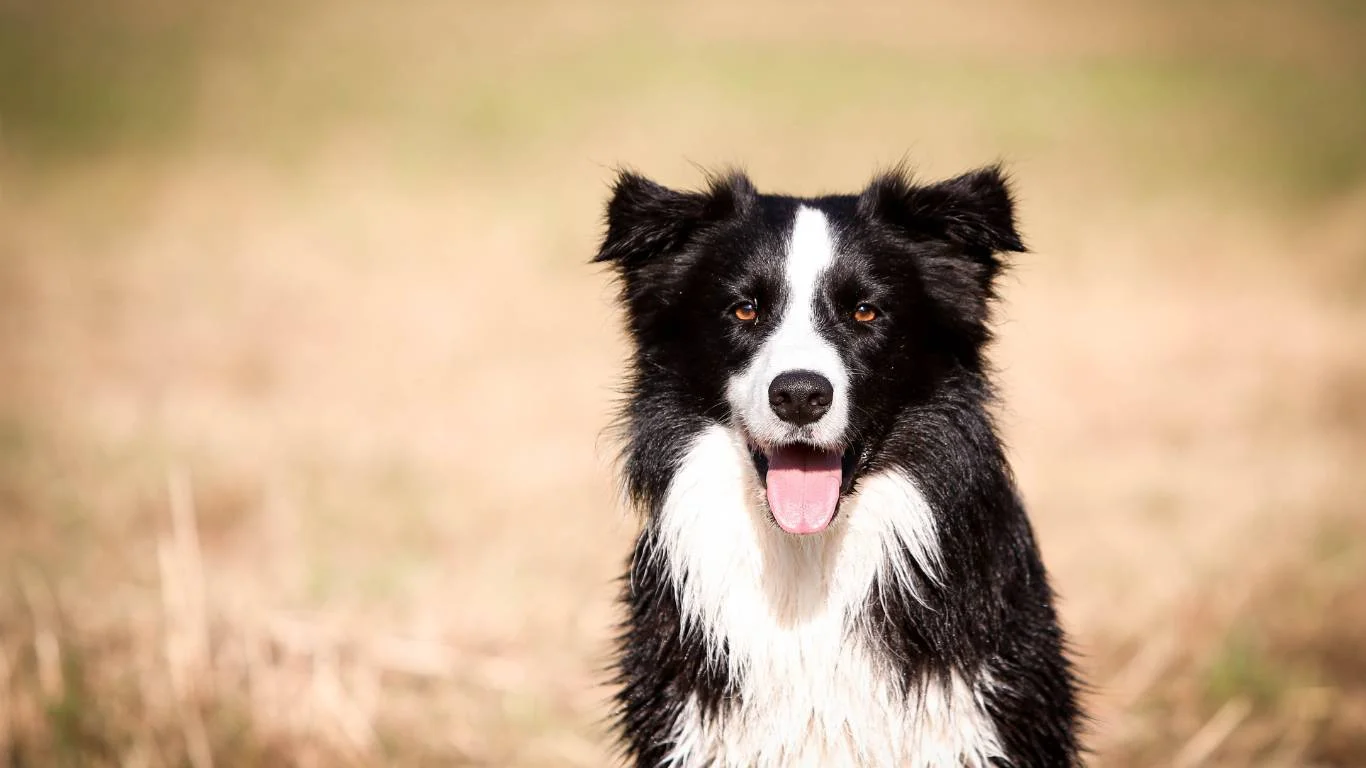
While regular monitoring at home is a great way to catch dehydration early, there are times when you’ll need to take your dog to the vet. As much as we love to be our dogs’ caregivers and advocates, some situations require professional expertise. So when should you call in the pros?
1. If Your Dog Refuses to Drink Water for Extended Periods
If your senior dog refuses to drink water for more than 24 hours, it’s important to contact your vet. This can be a sign of several potential issues, including illness or a painful condition that makes drinking uncomfortable. It’s critical to address this early on to avoid more severe dehydration.
2. If You Notice More Severe Dehydration Symptoms
If you notice any of the more severe symptoms of dehydration, like sunken eyes, dry gums, or a noticeable loss of skin elasticity, it’s time to visit your veterinarian. Severe dehydration can lead to shock and other life-threatening complications. The earlier you address it, the better.
3. If There’s a Preexisting Health Condition
Senior dogs with health conditions such as kidney disease, diabetes, or heart disease may be at higher risk for dehydration. These conditions affect their ability to maintain proper hydration. If your dog has one of these conditions, it’s essential to keep your vet informed about any changes in their drinking or urination habits. They may need to adjust medications or treatment plans to help manage their hydration.
Your vet will have the expertise to run tests and determine whether hydration is an issue, and they may also recommend fluids or other treatments to help your dog get back on track. Always err on the side of caution if you’re unsure—early intervention can make a huge difference.
Long-Term Health Benefits of Proper Hydration
When we talk about preventing dehydration in senior dogs, it’s not just about avoiding a short-term health crisis. Proper hydration can help your dog live a longer, healthier life. Staying hydrated plays a vital role in supporting organ function, keeping their joints lubricated, and boosting their immune system. Additionally, maintaining hydration can help keep your dog’s coat shiny, skin healthy, and digestive system running smoothly.
In my experience working with senior dogs, I’ve seen how good hydration habits can help dogs maintain energy levels, mobility, and even improve their quality of life when dealing with conditions like arthritis or digestive problems. It’s not just about quenching their thirst—it’s about helping them live their best, most comfortable life as they age.
Disclaimer
The information provided in this article is intended for informational purposes only. It is not intended to replace professional veterinary advice, diagnosis, or treatment. Always consult your veterinarian for advice regarding your pet’s health and hydration needs. If your dog is showing any signs of illness or dehydration, please seek the guidance of a qualified veterinarian immediately.
For more information on senior dog care and hydration, check out reputable sources like PetMD or AKC. They provide expert advice and resources to help you care for your dog at every stage of their life.
By staying informed and proactive, you’ll be equipped to keep your senior dog hydrated, healthy, and happy for many years to come. Remember, it’s never too late to start making changes that can improve your dog’s quality of life!
